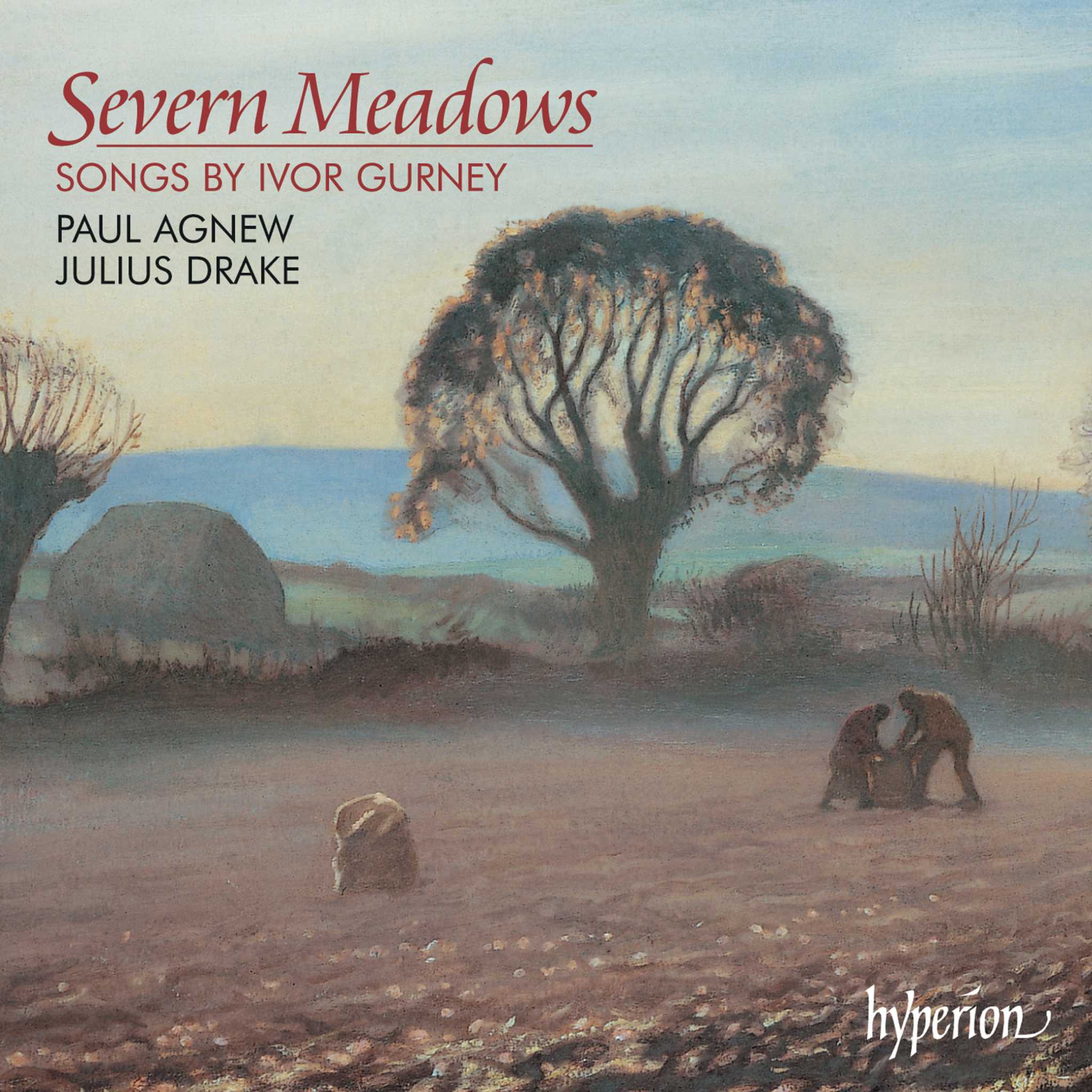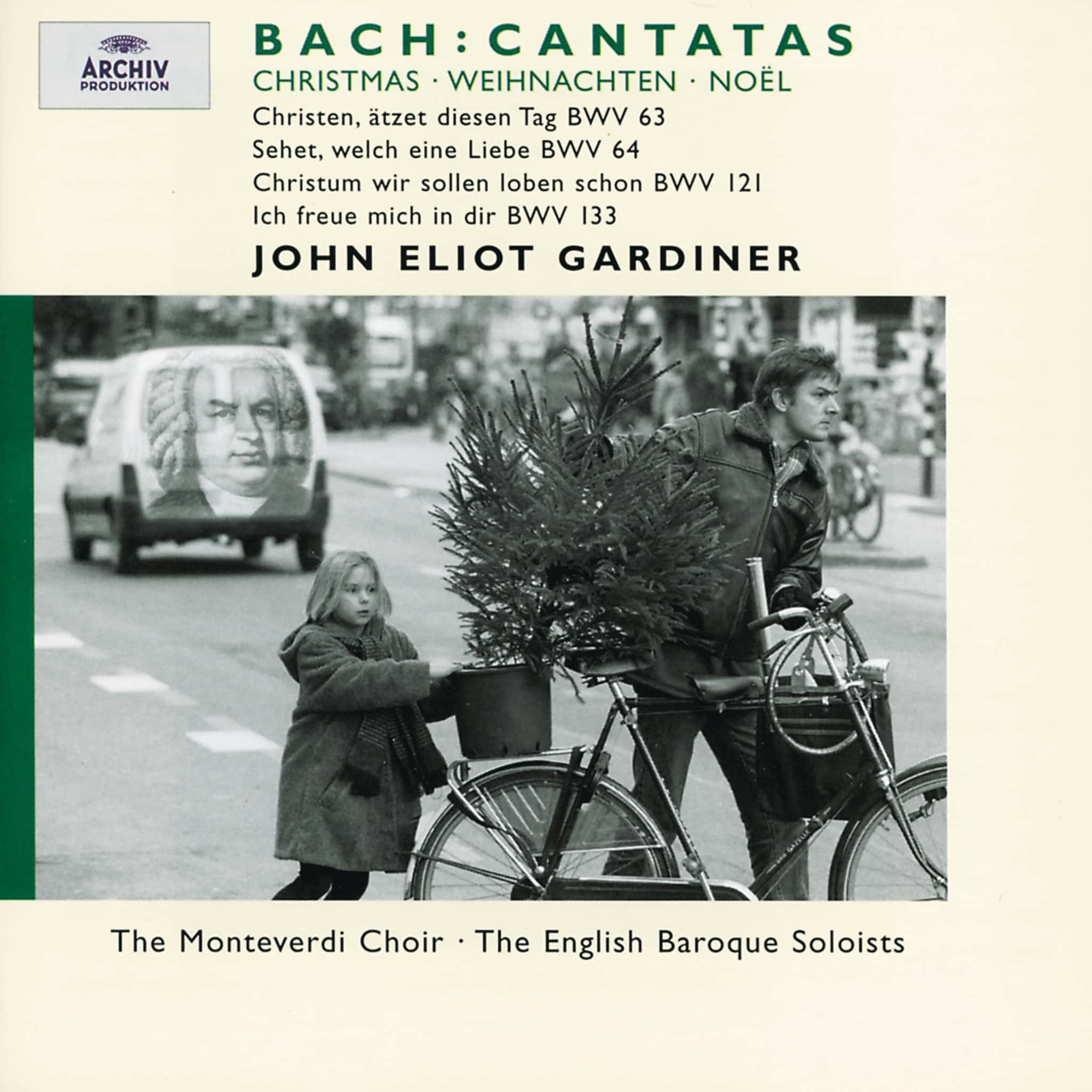The first part of the program explores the rich soundscape of 13th- and 14th-century music. A particular Latin virelai, entitled Laus detur multipharia, impresses with its extraordinary beauty and is reminiscent of the Ars subtilior. Matteo da Perugia's work Belle sans per represents a remarkable example in this context, exhibiting both 14th-century characteristics and influences from later compositions. The piece Quant la douce jouvencelle, in turn, embodies the elegant simplicity of the early 15th century.
The liturgical compositions of the English Ars Nova in the Old Hall Manuscript reveal significant innovations. The works by Cooke and an unknown composer demonstrate exceptional craftsmanship and rhythmic flexibility. They generate a lush sonority without sacrificing their rhythmic dynamism, even in experimental approaches. The addition of a fifth voice in the concluding scales is particularly noteworthy.
The second part of the program is dedicated to the Conducti, including the ancient work In Rama sonat gemitus. These monophonic compositions show French and English influences. The three-part setting of Ave Maria delights with its unmistakably English style. Flos in monte cernitur explores another theme and illustrates the versatility of the conducti repertoire.
The emergence of the motet around 1220 in northern France brought about a change in rhythm and musical taste. This development is exemplified by compositions such as Virgo plena gratie and Je ne puis/Par un matin/Le premier jor/IUSTUS. Motets integrated words into the chants and led to rhythmic innovations. The complexity and variety in works like Je ne puis/Par un matin/Le premier jor/IUSTUS testify to the creative power of this era.
The instrumental music, performed on a medieval fiddle, consists solely of estampies. These pieces challenged the soloists and were intended to captivate the audience. Their intricate structures demand the utmost concentration for a clear and precise performance of the melodies. Johannes de Grocheio described estampies around 1300 as melodies with a complex structure that evoke attention and admiration.









